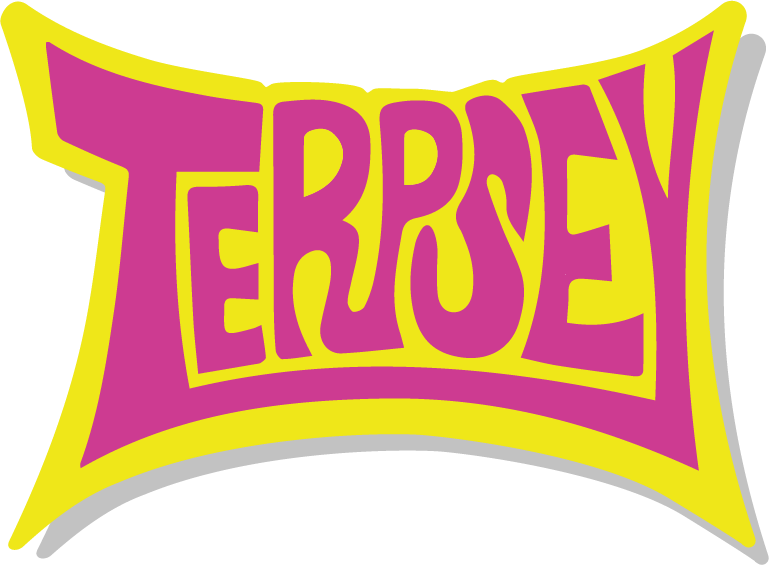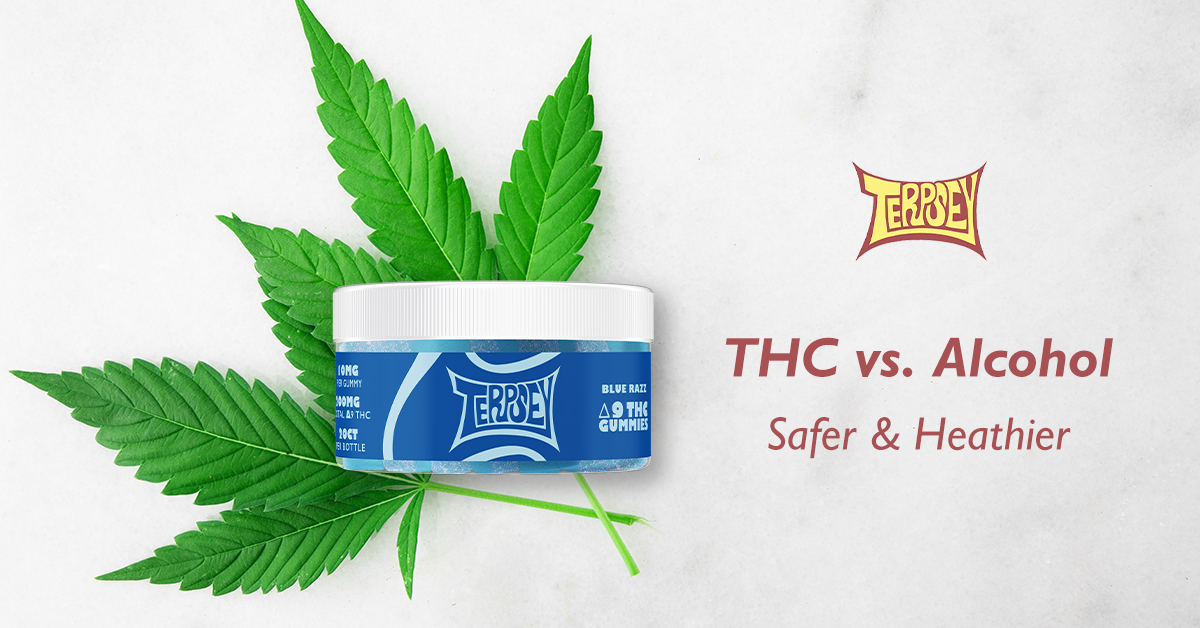Numerous cannabis products are available on the market, and there are several ways to consume them. For example, there are edibles, beverages, oils, creams, vape juices, e-cigarettes, and tinctures. Both short- and long-term effects of these products vary depending on how you use them. If you vape or smoke concentrates, the impact will not last long. But THC edibles tend to provide long-lasting benefits. THC content could cause intoxication, a feeling comparable to that caused by alcohol. To know more about THC vs Alcohol, go through this post.
Is THC better than alcohol? Or is it the other way around? Generally, cannabinoids pose fewer risks than alcohol, but there are many factors to consider. Furthermore, both are unique substances that produce somewhat different effects. It is why making side-by-side comparisons of the two is challenging.
Delta-9 tetrahydrocannabinol (THC): Brief overview
THC is no longer a new phenomenon as it is a well-known psychoactive ingredient. It comes from cannabis plants, including hemp and marijuana. The Controlled Substances Act enlisted marijuana as a Schedule I drug in 1970, making its usage illegal at the federal level. However, The 2018 Farm Act removed hemp from the definition of marijuana, legalizing hemp-derived products with THC levels up to 0.3% by dry weight. The regulatory changes suggest that hemp-sourced THC products within the federal limit are safe for human consumption.
Though THC content could create a mild high, it has enormous therapeutic potential. According to anecdotal evidence and clinical trials, it is beneficial in the following conditions:
- Chronic pain
- Glaucoma
- Muscle spasticity
- Nausea and vomiting
- Insomnia
- Low appetite
- Anxiety and depression
- Cancer
- Brain tumor
- Arthritis
Alcohol use
The use of fermented beverages is not something new. For decades, people have been drinking alcohol as a symbol of status. The benefits associated with alcohol are less and may not apply to everyone. Don’t start or increase your alcohol consumption to reap the potential health advantages. For many people, avoiding alcohol is the wisest course of action since its effects do not outweigh the risks. However, if you’re a light to the moderate drinker and are in good health, you can drink as long as you do so sensibly.
THC vs. Alcohol: Intoxication
Both alcohol and THC products can give users a pleasant buzz, but their respective intoxication effects are significantly different. They appear to have a similar impact on your reflexes, judgment, and cognitive functions. But short-term effects of alcohol can result in a hangover. On the other hand, hemp-derived THC does not cause extreme intoxication or hallucinations. Its adverse short-term effects, such as the possibility of diarrhea or drowsiness, are more tolerable.
THC, like alcohol, causes varied reactions in different people. THC, however, is a safer option because alcohol poses a substantially higher risk. Even with short-term consumption, excessive doses of alcohol can produce alcohol poisoning, which can lead to death. While a lethal dose of THC is available, it is practically impossible to consume enough to cause death. Consumers are more likely to sleep for a long time before reaching that stage.
THC vs. Alcohol: After effects
Being “drunk” refers to an intoxication state brought on by drinking alcohol. Alcohol affects drinkers differently; some become euphoric, while others feel worried or depressed. However, typical alcohol side effects include:
- Slow reaction time
- Giddiness
- Reduced coordination
- Drowsiness
- Impaired judgment and cognitive abilities
- Blurred vision
- Less concentration power
- Sweating
- Shakiness
- Aggression
- Self-destructive behavior
After-use hangovers of alcohol could include headache, fatigue, dehydration, nausea, and vomiting. Not only this, you run a higher chance of developing critical health issues if you drink too much. For example, excessive drinking could cause high blood pressure, mouth cancer, liver disease, or brain damage. Hence, always ask your doctor about what is best for your health and safety before indulging in alcohol.
Like alcohol, THC can also have adverse effects on your health. But they are generally mild and tolerable. Quality THC products sold by certified vendors contain THC not more than 0.3%. They come with a certificate of analysis (COA), ensuring authenticity and purity. Research shows that THC binds to cannabinoid receptors and exhibits therapeutic effects. Realizing its medicinal potential, the FDA approved dronabinol (synthetic THC formulation) to manage chemotherapy-induced nausea and vomiting. However, note that high concentrations of THC are not safe and could cause the following issues:
- Dry mouth
- Red eyes
- Headache
- Drowsiness
- Less cognitive ability
- Paranoia
THC vs. Alcohol: Drug testing
THC tends to stay in the body for many days or weeks. However, the amount of THC consumed will matter. How high the user feels isn’t the only criterion because many other things can weaken or intensify the sensation. The length of time it continues to show in drug tests depends on several factors, including:
- Your body fat
- Quantity of THC intake
- Frequency of THC consumption
- Sensitivity of drug testing
- Metabolism speed
On the contrary, alcohol disappears from the body in a few hours. Comparatively, THC lingers much longer in the body. Regular cannabis users are more likely to test positive for drugs than occasional users.
THC vs. Alcohol: Healthy Option
Alcohol and marijuana (but not hemp) both have the potential for substance abuse, and both intoxicants have several negative impacts. However, the comparison shows that alcohol has significantly more detrimental health impacts. Drinking alcohol could increase the chance of death, cancer, organ damage, liver toxicity, and neurodegeneration. Social issues like domestic violence and sexual assault are also prevalent among alcoholic people.
While considering the effects of both substances on health, hemp-derived THC products are the best alternative. Low THC levels are weak intoxicants that have far less impact on the bodily systems than alcohol. When derived from hemp, it is a low-to-no-risk substitute for traditional cannabis use, such as smoking marijuana.
Bottom line
Hemp is federally legal as it does not cause intoxication or addiction. Most of its effects are relatively subtle as compared to alcohol consumption. Alcohol is a powerful sedative that impairs cognition, judgment, and coordination. Its overall impact on health is far more severe than constituents obtained from cannabis plants. However, people react to THC and alcohol differently.
THC goods are a healthy alternative if you seek therapeutic benefits associated with hemp. The hemp derivatives with not more than O.3% THC can help treat chronic pain, anxiety, and symptoms of epilepsy. Selecting an ingestion method other than smoking will help you avoid its side effects.
Ninth Circuit Court Rules: Is Hemp-Derived Delta-8 Legal?

